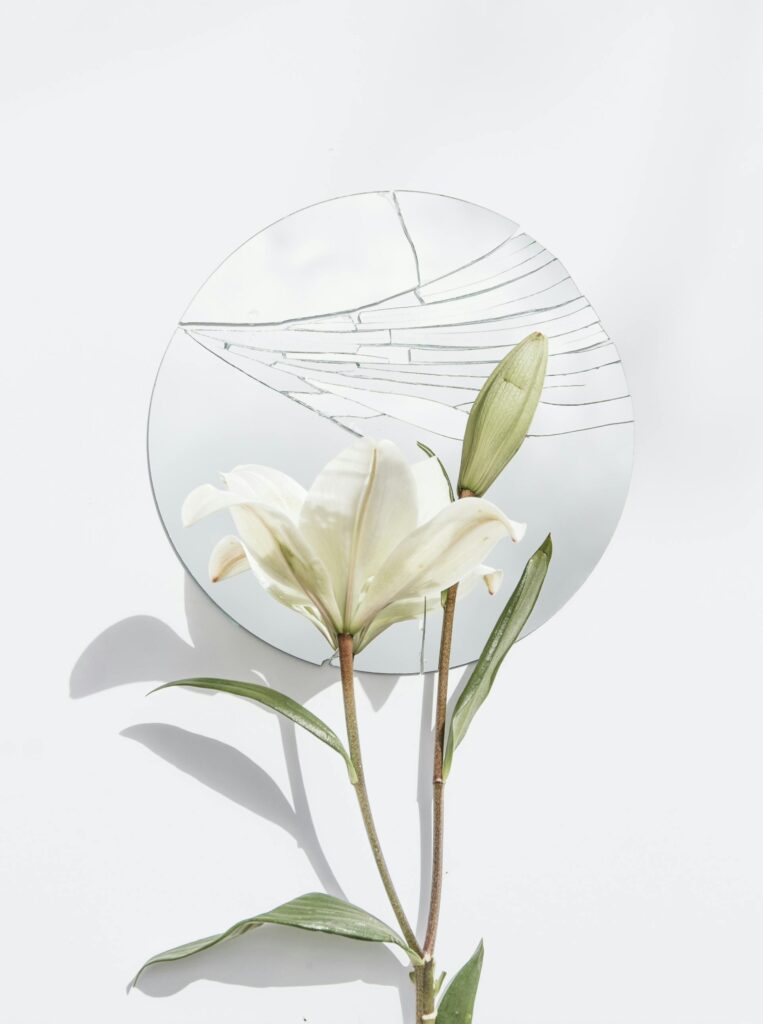In a world that constantly pushes for perfection—whether it’s flawless Instagram photos, immaculate homes, or the pursuit of a “perfect” life—it can be easy to forget the beauty in imperfection. Yet, in the Japanese philosophy of Wabi-Sabi, there lies a powerful reminder that imperfection, transience, and the natural world hold immense beauty.
Wabi-Sabi invites us to embrace the cracks in our ceramics, the faded colors of a beloved sweater, and the natural weathering of wood. It encourages us to find value in the flaws that give something character, rather than trying to erase them. This ancient philosophy can be a breath of fresh air in our pursuit of perfection and can help us build a more peaceful, mindful, and fulfilling life.
What is Wabi-Sabi?
Wabi-Sabi is a Japanese concept that celebrates the beauty in imperfection, transience, and the natural process of aging. It’s rooted in the appreciation of things that are simple, humble, and authentic. At its core, Wabi-Sabi is about accepting the fleeting nature of life and understanding that the passage of time adds richness to our experiences.
Imagine a beautifully worn-in pair of leather shoes that have been through countless adventures, or a vase with a small crack that tells the story of its journey. These imperfections aren’t flaws—they are the things that give objects, experiences, and even people depth and meaning.
 Wabi-Sabi in Your Home
Wabi-Sabi in Your Home
Incorporating Wabi-Sabi into your living space is about more than just adding rustic décor or mismatched furniture. It’s about curating a space that feels authentic, unpretentious, and true to your personal story. Here’s how you can bring the essence of Wabi-Sabi into your home:
1. Embrace Natural Materials
Materials like wood, stone, clay, and linen are central to Wabi-Sabi design. They bring warmth and authenticity to a space. Think natural wood furniture, hand-thrown pottery, or woven linen throws. These materials not only look beautiful but also connect you to nature, fostering a sense of calm.
2. Celebrate Imperfections in Your Decor
Rather than discarding items that have slight imperfections, consider how these imperfections add character. A chipped mug, a worn-out rug, or a vintage chair can tell a unique story, making your space feel lived-in and warm. Instead of hiding flaws, let them shine.
3. Simplicity Over Excess
Wabi-Sabi celebrates simplicity. Instead of overcrowding your space with unnecessary knick-knacks or over-the-top décor, focus on fewer, more meaningful items. Think minimalism with a twist—each item should serve a purpose or carry emotional significance.
4. Aged Patina and Wear
Time adds beauty. Look for items that age gracefully, like antique furniture, hand-painted ceramics, or art with a bit of wear. These pieces offer a sense of history and authenticity, making them perfect candidates for a Wabi-Sabi-inspired home.
Wabi-Sabi in Your Life
The Wabi-Sabi philosophy extends beyond the material world. It also offers wisdom for living a more balanced and mindful life. Here’s how to embrace it:
1. Accept the Beauty in Transience
Wabi-Sabi teaches us to accept the impermanence of life. Just as the seasons change and flowers bloom and fade, we too go through phases. Embracing this truth helps us appreciate the present moment without clinging to fleeting perfection. Instead of wishing for things to stay the same, we learn to cherish what we have while it lasts.
2. Let Go of the Pursuit of Perfection
In a culture obsessed with flawless appearances, the idea of letting go of perfection can be liberating. Perfection is often unattainable and stressful, but imperfection—whether in our homes, relationships, or ourselves—can be freeing. By accepting our flaws and the flaws of others, we cultivate deeper connections and peace.
3. Mindfulness in Everyday Life
Wabi-Sabi encourages mindfulness, urging us to be present and appreciate the simple things. It might be enjoying the imperfect beauty of a rainstorm or savoring a meal made from scratch. The key is to slow down and notice the small moments that often go unnoticed in the rush of modern life.
A few last words
Wabi-Sabi offers a gentle reminder that beauty is not always about flawless surfaces or perfect symmetry. Instead, it lies in the authentic, the natural, and the imperfect. By embracing Wabi-Sabi in both our homes and our lives, we can cultivate a sense of peace, clarity, and gratitude. So, let go of the idea of perfection and start seeing the world through the lens of Wabi-Sabi—a lens that celebrates the beauty in imperfection.



